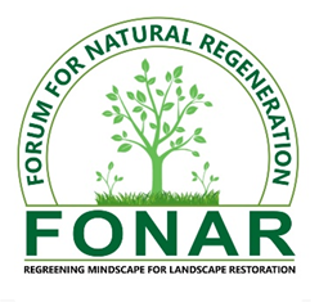Who we are
Forum for Natural RegeneraHon LBG (FONAR) is a Ghanaian environmental NGO established in 2014. FONAR works in Northern Ghana with diverse stakeholders and partners to restore degraded agricultural landscapes through community-driven approaches that improve livelihoods, enhance food security and build climate change resilience for sustainable development.

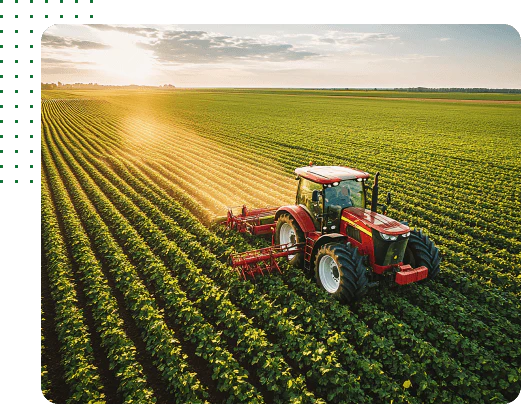
What We Do
- Promote, demonstrate, and encourage implementation of FMNR among small scale farmers.
- Promote and support FMNR and Agroforestry education in schools to foster climate-smart land management
- skills among children and young people.
- Advocate for FMNR recognition and scaling up in the design of climate-smart agroforestry and NRM policy measures.
- Provide FMNR capacity building and training.
Our Mission
To create a forum for action learning to preserve and restore the productivity of degraded landscapes through
natural regeneration for sustainable livelihoods
Our Vision
A leading environmental restoration organization inspiring hope in communities and individuals to take care of
the environment for food security, resilient livelihoods and communities.
Our Values
Service excellence with integrity
Our Solutions
FONAR promotes the adop1on and scaling up of Farmer Managed Natural Regenera1on (FMNR) as a low cost climate smart agroforestry technique for agricultural landscape restora1on in Ghana’s semi-dry Northern Savannah Regions. Rural small scale farmers in Northern Ghana are par1cularly vulnerable to the impacts of land degrada1on and climate change.
FMNR is a quick, low cost and easily replicable method of restoring and improving agricultural, forested and pasture lands for improved livelihoods and biodiversity conserva1on.
FMNR is a farmer and community-led systema1c regrowth of exis1ng na1ve trees and shrubs. It can be applied wherever there are living tree stumps with the ability to coppice (re-sprout) or seeds in the soil that will germinate. Integrated into cropping systems and grazing areas, FMNR supports improved soil fer1lity, reduced erosion, increased biodiversity, and access to essen1al resources like 1mber, firewood, fodder and wild foods.
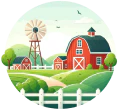
250+
Years of Experience
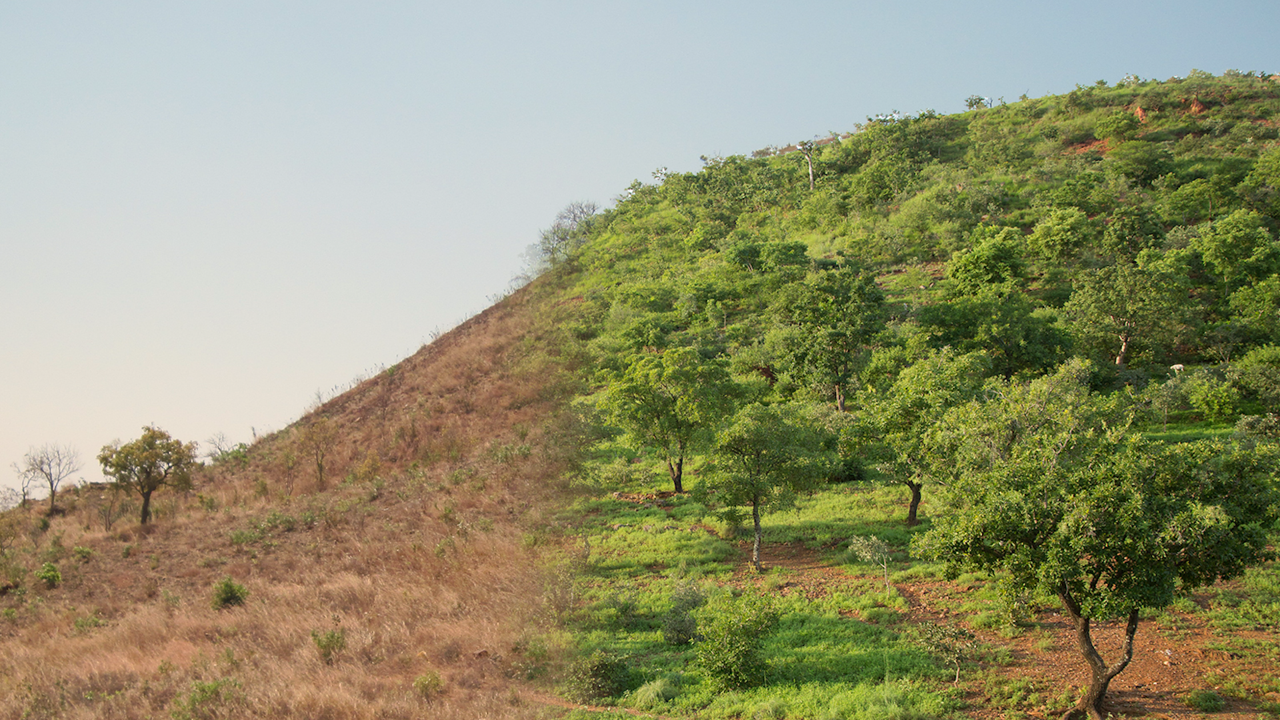
Observing the land
Wild growing trees are oJen mistaken for small bushes – if you take a closer look, you can idenDfy them by their leaves.

Selecting stumps or trees
Numbers and types of trees can vary from person to person – the decision depends on your own individual needs.

Pruning
To stimulate new growth, cut away all shoots except three to five of the strongest ones.

Protect & Care
A small red ribbon signals, that the desired shoots should not be removed. Prune new branches every two to six months.
Where We Work
FONAR currently implements projects in the semi-arid Upper East Region (UER) of Ghana. The Region is lies predominantly in the Sudan Savanna agro-ecological zone of Northeastern Ghana and administratively divided into 15 District Assemblies (Local Government Authority Areas). The Region covers an estimated land area of 8,842 km2, of which 80% suffers from moderate to severe land degradation. The Sudan Savanna climatic zone has distinct dry and wet (unimodal rainfall) seasons with peak rainfall in September. Annual rainfall ranges between 600 and 1200 mm, and virtually all the rains are received within 4-5 months. The UER had a total population of 1.3 million people in 2021, with an annual growth rate of 2.0 percent1. The average population density of the region is 147.2 people/km2, as compared to the national average population density of 139.5 people/km2.
Almost 80% of the region’s population is rural with many people living in dispersed farming settlements where more than four in every 10 people are poor. Rainfed subsistence farming is the main occupation of most rural people, who primarily cultivate cereals and grain legumes. The major crops grown in the Region are sorghum, millet, maize, rice, groundnut and cowpea. Rapid environmental degradation due to negative land clearing practices, overgrazing, annual bushfires and rapid population growth are the main causes of land degradation in the Region. The livelihoods of rural smallholder farmers are thus threatened by increasing agricultural drought due to climate change and loss of soil fertility. To reverse the trend, FONAR works with local communities and its partners to promote the uptake of Farmer Managed Natural Regeneration (FMNR), related soil and water conservation measures and livelihood improvement interventions for re-greening degraded agricultural landscape.
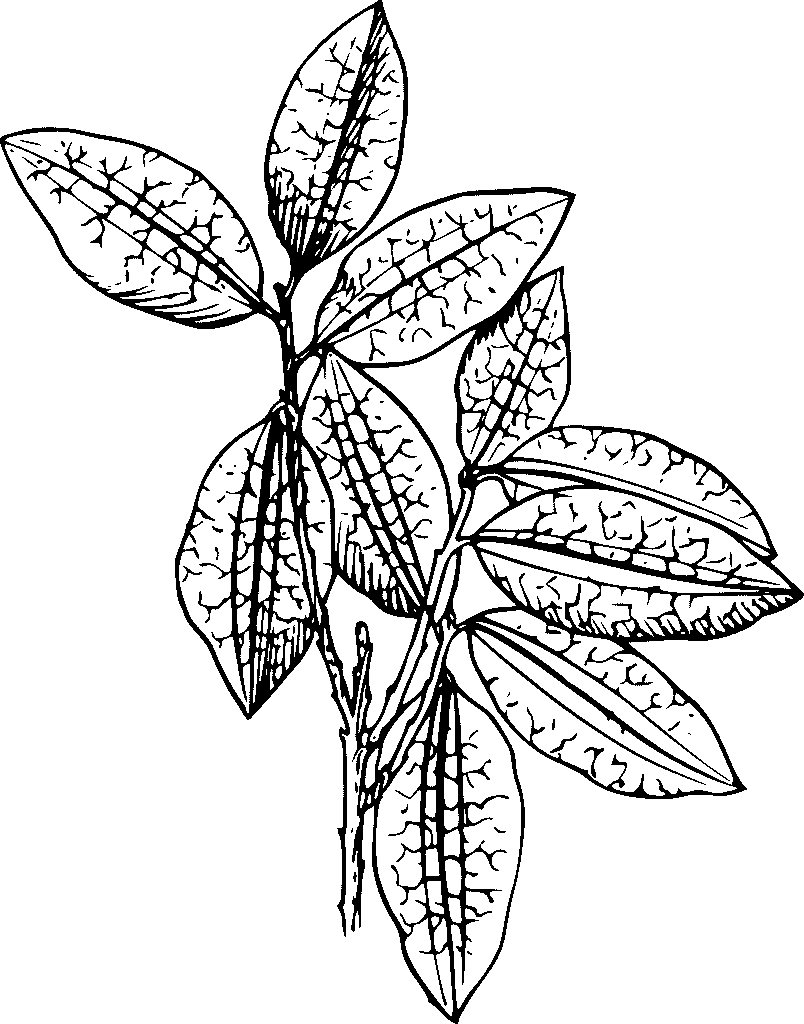
Lorem ipsum dolor sit amet, consectetur adipiscing elit. Ut elit tellus, luctus nec ullamcorper mattis, pulvinar dapibus leo.
